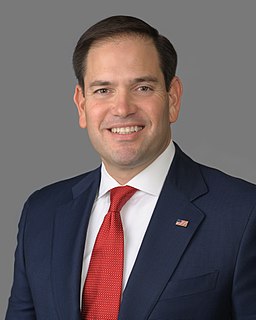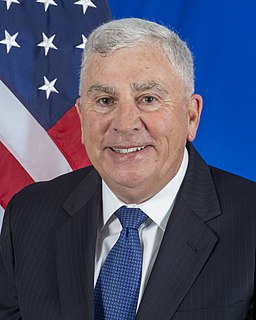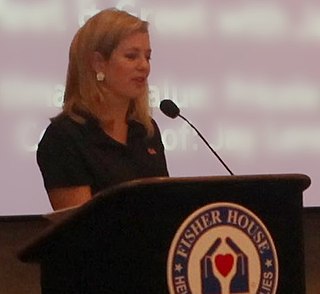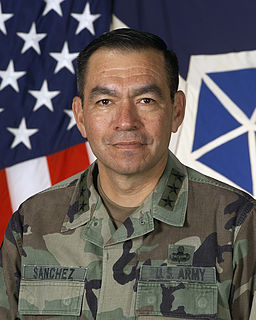A Quote by John Rawls
It is of first importance that the military be subordinate to civilian government
Quote Topics
Related Quotes
What is and isn't justified by military necessity is, naturally, open to interpretation. One of the key concepts, though, is the law of proportionality. A military attack that results in civilian casualties - 'collateral damage' - is acceptable as long as the military benefits outweigh the price that is paid by humanity.
In Turkey also, for a long time, the military was the decisive force but in the past 10 years they have backed off somewhat and the civilian government has gained more independence and autonomy even to shake up the military command. In fact, it even arrested several high-ranking officers [for interfering in governmental affairs]. Maybe Pakistan can move in a similar direction.
In the aftermath of the terrorist attacks of September 11, 2001, I watched helplessly as the Bush administration led America into a strategic blunder of historic proportions. It became painfully obvious that the executive branch of our government did not trust its military. It relied instead on a neoconservative ideology developed by men and women with little, if any, military experience. Some senior military leaders did not challenge civilian decision makers at the appropriate times, and the courageous few who did take a stand were subsequently forced out of the service.
In early 1961 a new president, John F. Kennedy, was told by military leaders and civilian officials that the Kingdom of Laos - of no conceivable strategic importance to the U.S. - required the presence of American troops and perhaps even tactical nuclear weapons. Why? Because if Laos fell, Asia would go red from Thailand to Indonesia.
The intellectual and moral failures common to America's general officer corps in Vietnam and Iraq constitute a crisis in American generalship. Any explanation that fixes culpability on individuals is insufficient. No one leader, civilian or military, caused failure in Vietnam or Iraq. Different military and civilian leaders in the two conflicts produced similar results. In both conflicts, the general officer corps designed to advise policymakers, prepare forces and conduct operations failed to perform its intended functions.



































